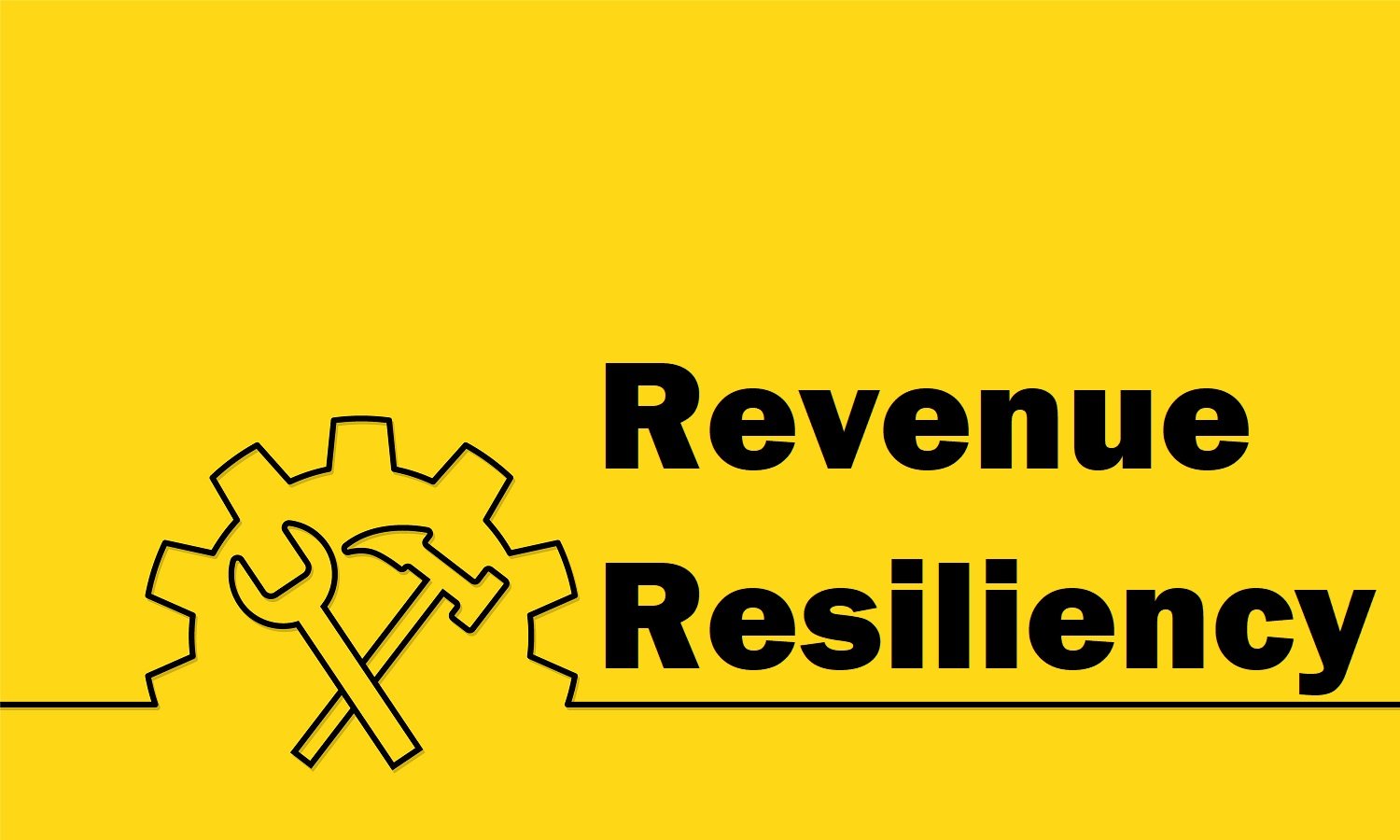“The ability to withstand unpredictable threat or change and then to emerge stronger.”
This is how the team at McKinsey & Company defines resilience in their recently published an article on what they call The Resilience Imperative. They elaborate further that resilience is going to be more important in the coming decade than ever before when they explain, “Catastrophic events will grow more frequent but less predictable. They will unfold faster but in more varied ways. Disruption is becoming more frequent and more severe.”
Resilience can be financial, operational, technological, organizational, or reputational in nature but the greatest resiliency comes when an organization can anticipate and respond to threats across all categories to dynamically adapt as needed. Obviously, this kind of resiliency does not just fall into place – it is the result of careful planning to develop a revenue resiliency toolkit.





